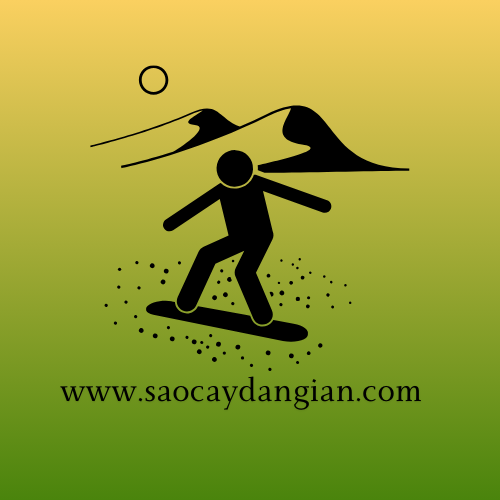
“Welcome to the article on 'What skills are needed to be a good sandboarder?'. In this article, we will list the most important skills you need to become a good sandboarder, let's explore!
Psychological and physical preparation
There is one very important thing that everyone needs to prepare before starting skateboarding, which is psychological preparation. Skateboarding requires patience, determination and perseverance. You need to be ready to face failures and learn from them. Sometimes, learning how to fall and get back up can be an important part of learning to skateboard.
Physical
1. Prepare your body: Skateboarding requires flexibility and muscle strength. Physical training before you start skateboarding can help you avoid injuries and improve your ability to perform tricks.
2. Adjust your weight: If you want to skateboard professionally, maintaining an ideal weight will help you increase your performance and reduce the risk of injury.
3. Balance training: Balance training will help you maintain stability on the board and perform skateboarding techniques correctly.
Remember, mental and physical preparation are both important and need to be focused before starting to learn to skateboard.
Control and balance skills on sand
To be able to control and balance on the sand, you need to practice your basic skills. First, focus on staying stable on the sandboard. You need to focus on maintaining balance and adjusting your body's center of gravity to avoid falling. Remember that balancing on sand requires flexibility and patience.
Steps to practice balancing skills on sand:
- Practice standing firmly on the sand board for a long time to feel gravity and balance your body.
- Focus on moving your center of gravity from front to back and left to right to adjust the direction of movement in the sand.
- Actively use your arms and legs to maintain balance when moving on the sand.
Practicing control and balance in the sand requires patience and steady practice. Focus on improving basic skills before moving on to more complex skills. Don't hesitate to experiment and learn from each failure.
Ways to learn and test new skills
When learning and testing new skills, the most important thing is to have an open mind and be willing to accept new knowledge. Don't hesitate to experiment with different methods to find the learning style that best suits you. Look for reliable sources and share your experiences with people who have experience in that field. At the same time, always keep the spirit of learning and be ready to accept failures as big steps in the learning process.
Approach:
– Look for reliable sources such as books, articles, videos or experienced people to learn from.
– Experiment with many different learning methods to find the learning style that best suits you.
– Share experiences and ask for advice from people with experience in that field to receive accurate support and guidance.
Concentration and patience in the learning process

In the process of learning any skill, concentration and patience play important roles. In the case of learning to skateboard, focusing on each move, each movement and feeling the balance on the skateboard is very important. Concentration helps learners grasp small details, thereby improving their skateboarding skills. Patience is also important, as learning a new skill never happens quickly. Learners need to be patient to overcome initial failures and continue practicing until mastery.
Lists
– Focus on each move, each movement and feel the balance on the skateboard
– Be patient through initial failures
– Practice until proficient
Skills to read and understand the terrain before skiing
Before starting to skateboard, the skill of reading and understanding the terrain is very important. This makes it easier to predict road conditions and create flexible responses when sliding. This also helps you avoid dangerous situations and keep yourself safe. This skill also helps you find terrain that suits your level, thereby creating the best skateboarding experience.
Skills needed:
– Ability to recognize types of terrain: from flat roads, slopes, to stairs, downhill, etc
– Understanding how terrain affects skateboarding: for example, steep terrain will create faster speeds, while rough terrain will require better control skills.
– Skills in reading and understanding terrain expressions: such as traces, colors, shading, etc
Communication skills and team support in a sandboarding environment
In a sandboarding environment, communication skills and team support are important to ensure safety and group harmony. Clear and effective communication between athletes is key to avoiding accidents and creating a safe sandboarding environment. In addition, supporting teammates in the process of learning and performing sandboarding skills also helps create a positive team spirit and mutual support within the group.
The importance of communication skills and team support
– In a sandboarding environment, clear and effective communication between athletes helps avoid unwanted collisions and unnecessary accidents.
– Supporting teammates not only helps them improve their sandboarding skills but also creates a positive team spirit, helping everyone feel safe and supported in the process of performing sandboarding skills.
Given this, developing communication skills and supporting teammates in a sandboarding environment is extremely important to ensure a safe and positive sandboarding environment.
To become a good sandboarder, it is necessary to practice basic skills such as balance, flexible movements and patience. At the same time, mastering sand pouring techniques and using sand sliding equipment is very important.



